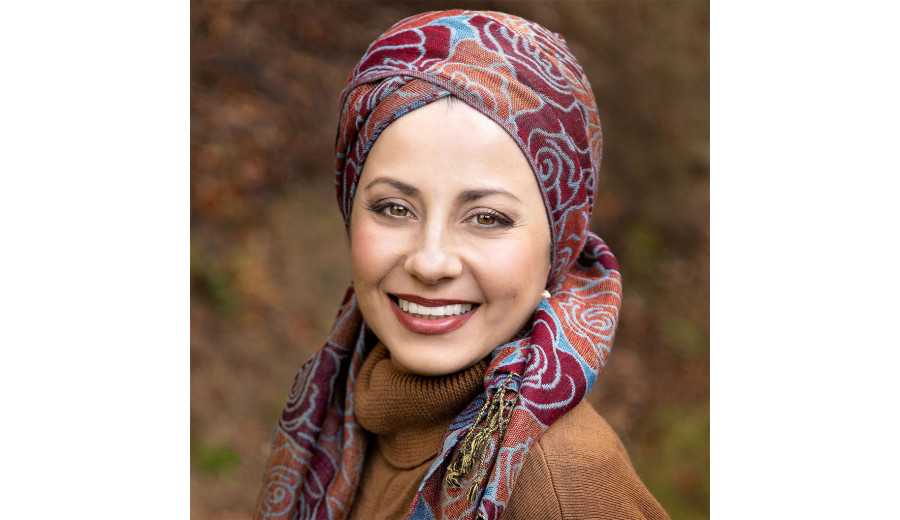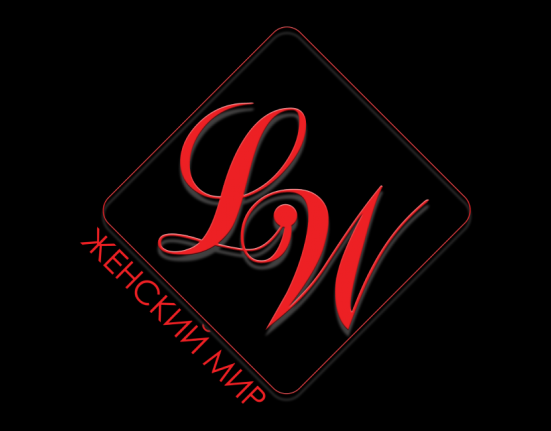Dear Rachel,
I am 23 years old and
finally feel ready to get married and become a wonderful wife and mother. It
has been a long road. I was diagnosed with ADHD and OCD in my early teens. I
also had a bout of depression until I got my diagnosis. But, I felt I had to do
everything possible to get myself to a place where I am self aware and
responsible so that I can lead a good, well-functioning life. My parents found
the best doctors and therapists for me to work with and I have read many books.
I am proud to say that I have an amazing support system for my condition, which
I am grateful for every day. I enjoy healthy relationships, have a great job
and lead a fulfilling life. However, I am afraid to disclose my diagnosis to a
man when I start to date. I want to be honest, but I feel I am running the risk
of being rejected and ending up single and alone if I share what I have, so I
fear dating. How can I get over this, and also – when is a good time to tell
this kind of sensitive information to someone you are dating?
Sincerely, Bella
Dear Bella,
You are a courageous and
strong young woman. There’s no doubt that it took you a great deal of hard work
to get to where you are now. Though you feel fearful of sharing this personal
information with a potential match, I can tell you that many more people than
you realize walk around every day with a diagnosis that you are unaware of, and
they may very well be people you respect and value. I am sure that those who
know of your diagnosis and those who don’t, both greatly value the individual
you are.
In regards to the «fear» you
have of dating to find your future husband, look at this as just another part
of your self development. One area of self development that we all can use
improvement in is cultivating our trust in G-d. Have faith that He will provide
you with what you need, and that includes a husband who will love and value all
of who you are. There is no need to worry about who will accept you and who
will not, because in Judaism our sages teach us that G-d has a bashert (soul
mate) picked out for every individual before birth. Your primary job is to have
the sensitivity to recognize the person that is right for you when you meet
him.
Rabbis have typically been
presented with the very question you have about when is a good time to disclose
personal information that a potential future spouse would need to know. The
recommendation often given is to let a person know BEFORE the point of getting
engaged, when you feel this is someone you are now considering could become a
potential spouse. Typically, by the time you reach the point of engagement
there is already an emotional attachment and he may think of presenting you
with a ring, so it’s best to confront this beforehand. The way to bring up the
subject is not from a place of fear, but from a place of empowerment. Remember
that you have overcome a lot and for this, you are strong. So instead of
confronting him with a very serious tone and a worried look, come at it from a
different angle. When you both are feeling connected and relaxed, say something
like, «I wanted to share with you a personal story…a time in my past that was
difficult for me, but that I overcame. I was struggling a lot in my early teens
and my parents saw this and took me to a professional who was able to help me.
I was diagnosed with both ADHD and OCD. I really wanted a good life so I have
worked hard and I am happy to say that I have my condition well managed…I take
daily medication that helps, I have a great therapist and I am focused on
maintaining a good attitude. I am very happy». This shows your potential spouse
that you are responsible and take accountability for your challenges, and that
you are staying positive. Also remember not to feel so focused on presenting
yourself well, that you forget to make sure *he* is right for *you*. Does he
have the strength of character to overcome challenges in life? Is he kind and
sincere? These are important questions for you to consider.
Judaism teaches us that G-d
knows the heart and thoughts of every person. What this really means is that
even though G-d gives us a life with certain challenges, He looks at what we do
with the free choice we have (in Hebrew this free choice is called bechira) to
overcome our hardships and still maintain a pure heart. Some people use their
bechira to develop bitterness and blame others. You have clearly used your
bechira to work through the tough times and became a stronger person in the
process. This is what your future husband will value in you and appreciate.
B’hatzlacha! I hope to hear good news soon!
All the very best, Rachel
Trilokekar
Thank you to those who have
e-mailed me with their questions. If you would like your question to be
featured in the next issue of Ladies’ World, please e-mail:
RachelTrilokekar@gmail.com



















